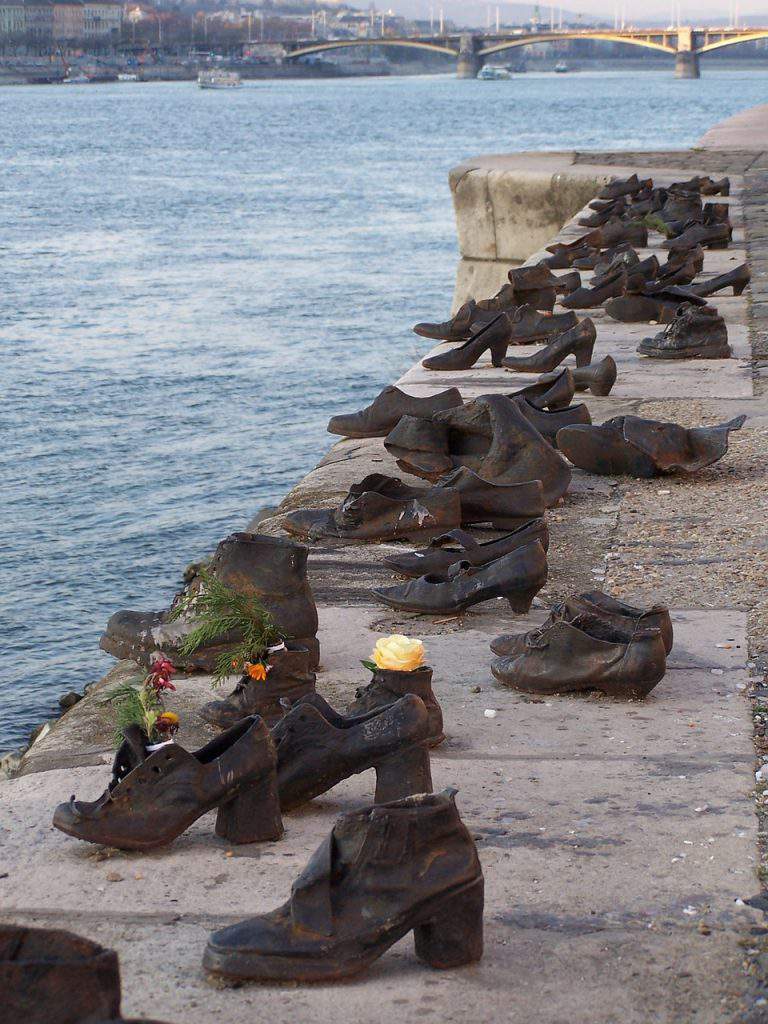CNN: new Hungarian Holocaust museum lifts the blame from Hungarians!?

Change language:
The building of the Hungarian House of Fates, a museum commemorating the lives lost to the Holocaust, was completed three years ago, yet there is still no opening date in sight. Due to the debates concerning the concept of the exhibition, people in charge decided there was no rush to open the doors of the museum just yet.
The gist of the controversy
The new Hungarian Holocaust museum awaiting opening got on the front page of CNN this week. Scholars and historians pointed out that through the proposed exhibition, Hungary might end up downplaying the true contribution of Hungarians to the deportation and persecution of the Hungarian Jewish population, shifting all the blame to Nazi Germany.
The concrete and glass building that required about 18 million USD to build is located in Budapest’s 8th district. According to the original plans, the exhibition would focus on the stories of child victims and survivors. The backlash is coming in the midst of PM Orbán Viktor receiving criticism for his handling of certain democratic institutions. The government has also taken an anti-migrant stance, causing somewhat of a conflict with the EU.
Some say that the Hungarian nationalist rhetoric is not only affecting the future but also the way Hungary views the past.
By 1944, Hungary was under German occupation. The deportation to Auschwitz started, and, by the end of the war, 565 thousand Hungarian Jews had been murdered. According to the criticism the memorial received, the House of Fates does not seem to be faithful to the role Hungarian authorities and the Hungarian people played leading up to and during the deportation.

Photo: facebook.com/sorsokhaza
Dr Robert Rozett, the director of the Yad Vashem Libraries, had this to say on the issue:
“There is a strong trend in Hungary today to present the destruction of Hungarian Jewry during the Holocaust as an exclusively German crime and, except for a small group of Hungarian thugs, to ignore the role and responsibility of the Hungarian authorities and society.”
According to Rozett, the exhibition would present history in a way that suggests that only a small, fanatic group in Hungary is to blame for what had happened to the Hungarian Jewish community, while the wider society was practically blameless. The International Holocaust Remembrance Alliance (IHRA) and the United States Holocaust Memorial Museum join him in his concerns, saying the museum will distort the way we view history.
The Hungarian side
Unified Hungarian Jewish Congregation (EMIH) leader Rabbi Slomo Koves also spoke out, expressing his side of the conversation. He said that the controversy comes a bit too early concerning there is no final exhibition just yet. He, too, wants the Holocaust history to be shown truthfully, without embellishing the Hungarian side, so that the younger generation can learn about the events and really get emotionally involved as well.







CNN are absolutely fake media. Their veiws do not tally with the real happening during the war in 1944. Besides, Soros Geőrge has denounced that he is not a Jew. He even acknowlegies that he is neither Jew nor Christian, and refers himself to being an Atheist. I refer to an interview with Soros some years ago that has just come to light and published on the 14th March 2018/ YouTube “We found it”! refering to the 60 minute interview George Soros tried to hide! He was asked if he was religeous- he said no. He was asked if he beleived in God-he said no. Is he a liar or a telling the truth?